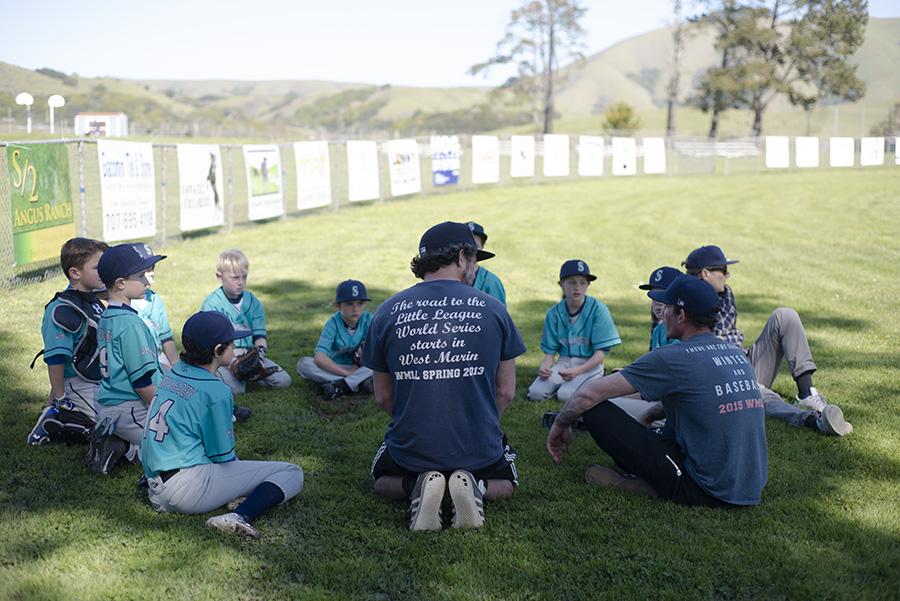It was a bright and blue opening day, and a promising young player was being reminded that it would be okay if she got . . .
For the Mariners, baseball is both symbol and sport


It was a bright and blue opening day, and a promising young player was being reminded that it would be okay if she got . . .